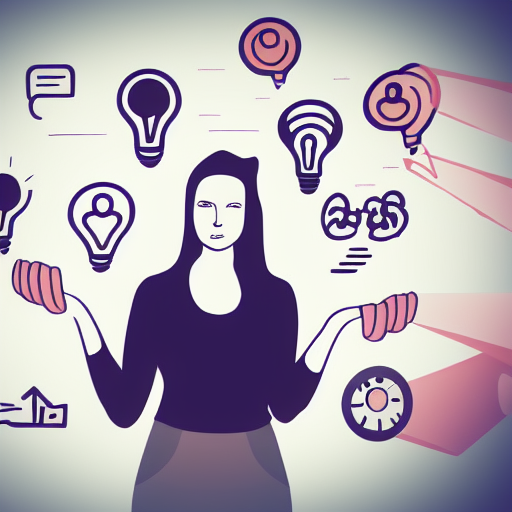
A vast majority of Knowledge workers and Lifelong learners I know seem to rely heavily on their brain to retain information. It is quite a sad state of affairs because human brains are not that reliable... As a slowly aging lifelong learner myself, I've come to realize that my memory is less and less trustworthy. What used to be easy to recall becomes harder, and memorizing new information is slowly becoming more and more difficult. And this is bound to worsen over time!

We need to externalize our thinking to feel less overwhelmed and think more deeply.
Human brains are incredible, but they are mainly optimized for, and focused on survival. Our mental "knowledge management" and "knowledge organization" systems are not made for deep thinking. One obvious limitation we have is our tiny short-term memory. It's impossible to retain more than a few items at a time in our short-term memory, making it impossible to think deeply about interconnected ideas and their relationships. To think deeply, we have no choice but to externalize our thinking in some way.
One way of externalizing our thinking is by writing things down. As I often say, writing is thinking, but it’s also understanding**.**
Another approach is to create visualizations (e.g., mind maps), drawings, etc. Whenever I sit down and write an article, I'm thinking much more deeply about the ideas I'm covering than I'd be able to if I were only using my brain. Logical thinking and analysis lead to thoughts, observations, opinions, ideas, and conclusions, but it's almost mandatory to store the intermediary results of our mental processes. That's why having Post-It notes and/or whiteboards is so useful for brainstorming sessions! Without this, we would forget most of the interesting things with come up with, and we wouldn't be able to go further. But there's more!
Writing our ideas and thoughts down, whether on paper or using digital tools, is an enabler for deep thinking. Once ideas are in front of our eyes, whether on a wall with Post-It notes, on an infinite canvas or in a note-taking tool such as Obsidian, it becomes much easier to go deeper on any topic we are exploring, as we can see the ideas in front of us and explore different aspects/topics/sub-topics.
Finally, once you accept the idea that it's useful to externalize your thinking, the next step is to consider this as a habit to create and maintain. This brings us to Personal Knowledge Management (PKM), which is focused on the idea that we can create personal knowledge bases for ourselves and leverage those to think in better ways and easily retain large quantities of knowledge.
Next up: 05.08 What are the benefits of Personal Knowledge Management